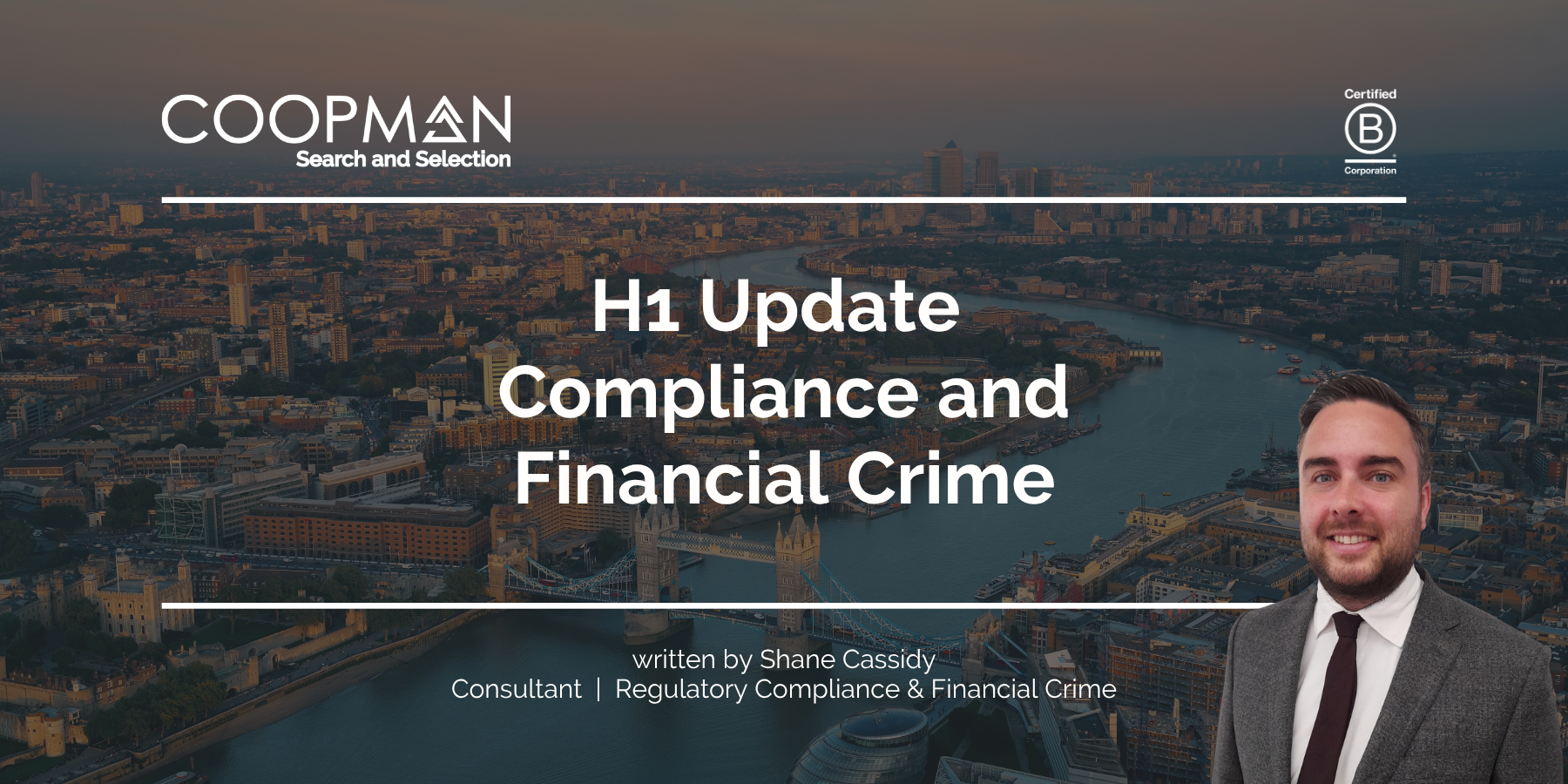Is “Growth” limiting, well…. Growth?
The first half of 2025 has delivered a mixed picture for hiring across Compliance and Financial Crime functions across Trading firms, Brokerages and FX/Payments institutions. The year began with a notable flurry of senior appointments, particularly for Heads of Compliance, Chief Compliance Officers (CCOs), and MLROs. However, that momentum has slowed in recent months, a pattern we expected, given fewer new market entrants and a decline in natural attrition.
At the start of the year, many predicted up to a 30% increase in compliance opportunities in 2025. Yet conversations with clients and senior leaders suggest a different reality. The FCA’s relatively “soft touch” approach and the government’s push for growth in financial services have contributed to caution around increasing budgets or headcount in many firms. While regulatory expectations continue evolving, they’re not currently exerting enough pressure on some businesses to expand teams, at least not across the board significantly.
Several themes from 2024 still persist, albeit less intensely. Offshoring of operational roles remains a priority for globally active firms, while restructuring continues as businesses sharpen their regulatory focus and aim for greater operational efficiency.
What’s Working?
It remains an employer’s market, with strong candidate availability. Yet hiring managers consistently report challenges finding professionals with precise product knowledge or specialist technical skills, and in most cases, delaying processes until they find the ‘perfect’ candidate.
It’s no longer enough to be a generalist Compliance or Financial Crime Advisor. Increasingly, roles demand subject-matter expertise in specific products or business lines, particularly in Markets, Commodities, and complex trading environments. We’re also seeing a significant demand for professionals experienced in market abuse surveillance, reflecting the FCA’s sharper focus on market conduct and trading behaviours.
Meanwhile, firms continue to invest in AI and new technologies, an initiative accelerated by the government’s drive to “turbocharge” innovation. The immediate impact is most evident in first-line functions. However, there’s a growing strategic need for senior compliance professionals who can bridge regulatory requirements and technology implementation. For example, advising on AI governance, surveillance system tuning, and data privacy challenges. These skills will become even more critical over the next 12-18 months.
The financial crime space is also evolving, particularly with the rollout of the Economic Crime and Corporate Transparency Act 2023, which has introduced new requirements around corporate transparency, beneficial ownership disclosures, and potential “failure to prevent” offences. FX and Payments firms specifically, where they’re impacted by rapid growth and high volumes transactions are proactively reviewing policies, controls, and staffing to stay ahead of these changes.
Bonuses, Salaries, and the Rising Risk of Attrition
Compensation trends remain a significant talking point. Bonus payouts were lighter than expected for many professionals this year, despite several firms in Markets and Trading reporting higher profits than in 2024. Modest increases in base salaries have prompted some professionals, and in certain cases, entire teams, to explore new opportunities. Our recent survey revealed that only one in five employers plan to raise salaries by more than 5% in 2025. This wage restraint is creating a retention risk, as candidates weigh opportunities offering better pay, cultural fit, or career progression, and a more flexible work-life balance.
Beyond pay, candidates increasingly prioritise factors like firm reputation, ESG commitments, and work-life balance. Even in an employer’s market, these softer elements are swaying decisions about whether to stay or move.
The Road Ahead: Preparing for a More Active H2
Looking ahead, we anticipate a modest rise in hiring in the second half of 2025, particularly for mid-level roles. This will be driven by natural attrition and firms preparing for 2026 planning cycles. While the market may not hit the initially forecast 30% year-on-year growth, we expect H2 to be more active than H1, as teams reassess coverage gaps, succession plans, and new regulatory demands.
However, firms planning to hire in H2 should review and streamline their hiring processes. Despite strong talent being available, the key challenge is no longer simply availability—it’s execution. We’ve witnessed several situations this year where high-quality candidates were lost to competitors due to drawn-out interview processes, indecision around role scope, or inflexibility over working arrangements.
Our message to hiring managers is clear: speed and clarity will win. If a candidate demonstrates strong advisory skills, relevant sector knowledge, and adaptability to navigate a shifting regulatory landscape, firms shouldn’t let a narrowly defined product experience become a barrier to hiring.
In short, if growth is the goal, businesses must be prepared to act decisively when talented, adaptable professionals become available. Otherwise, the market risks being shaped more by opportunity lost than potential realised.
Coopman Search & Selection remains closely connected to talent and market dynamics across Compliance and Financial Crime. If you’d like tailored insights, salary benchmarking, or support navigating your hiring plans for H2 and beyond, we’d be delighted to help.
To discuss any future career opportunities or anything similarly related with pipelining talent and potential future hiring needs, please reach out to shane.cassidy@coopman.uk.








